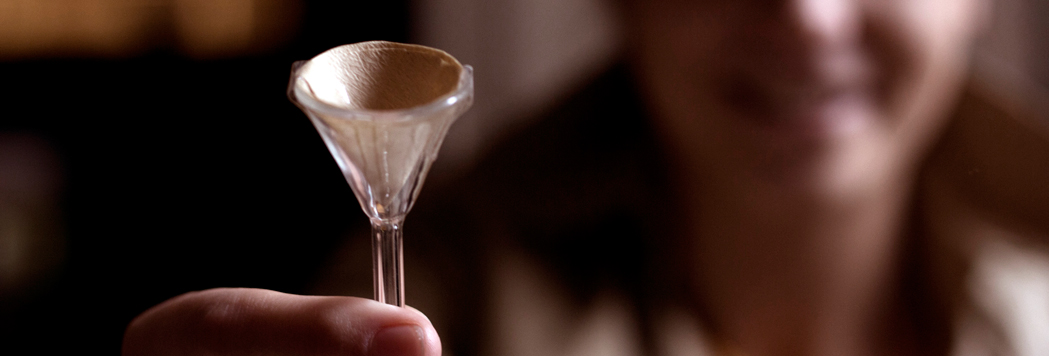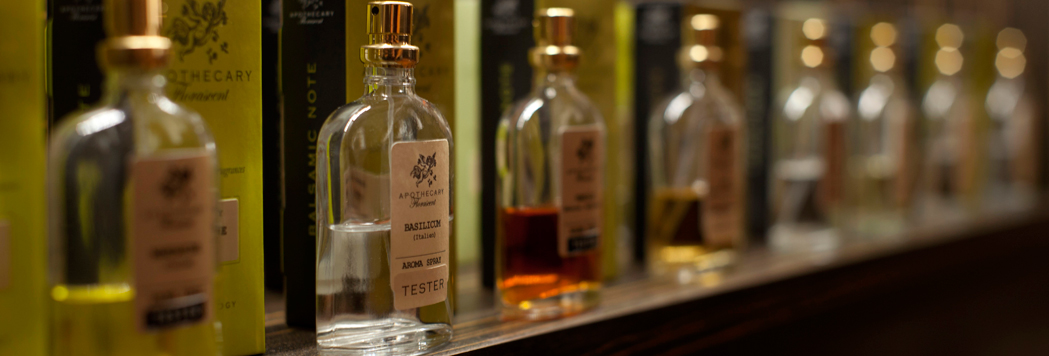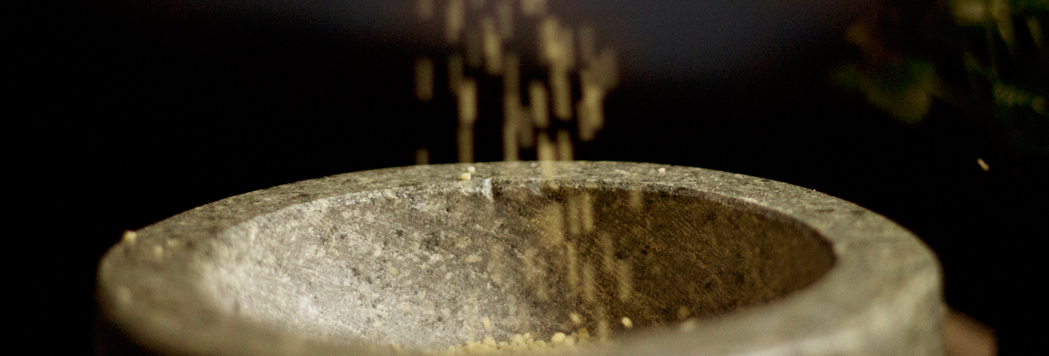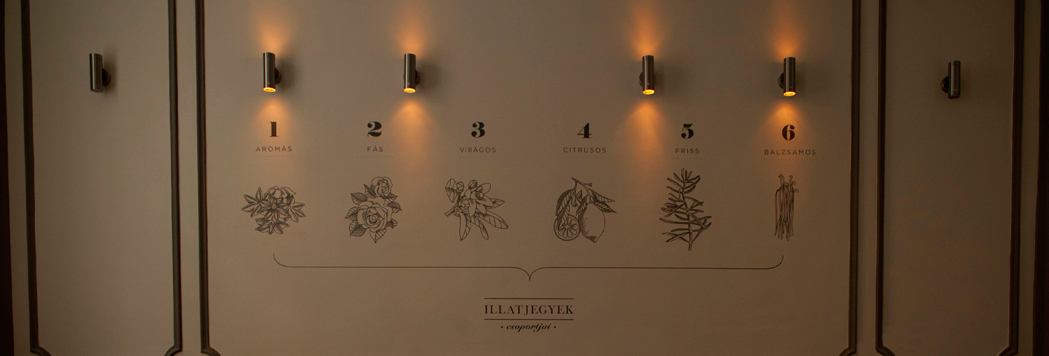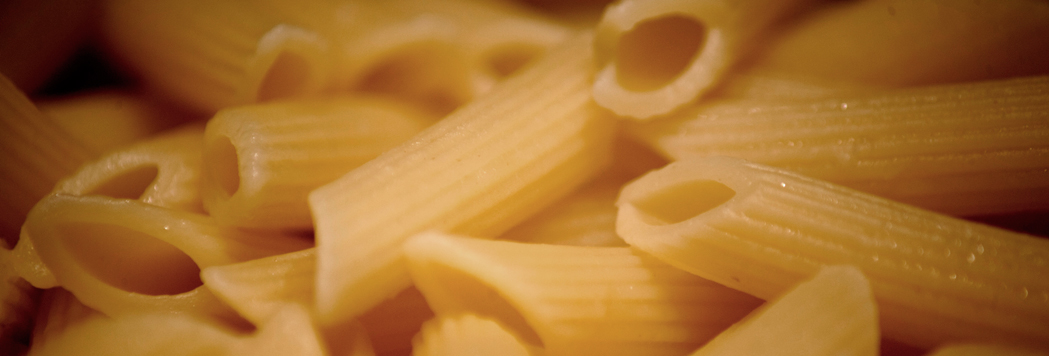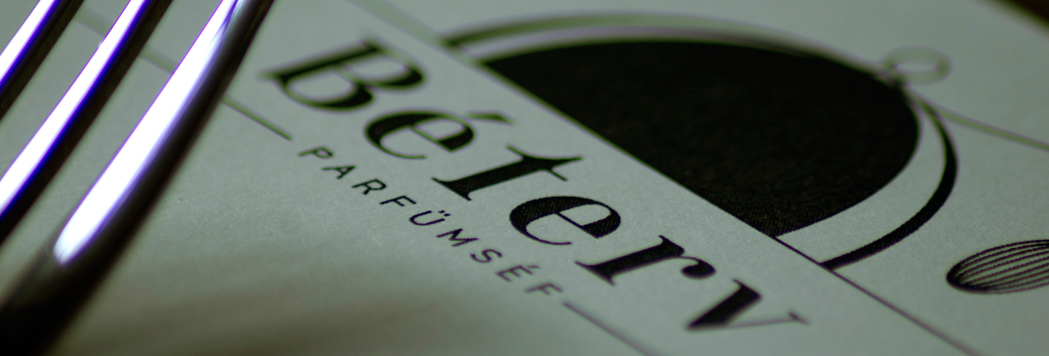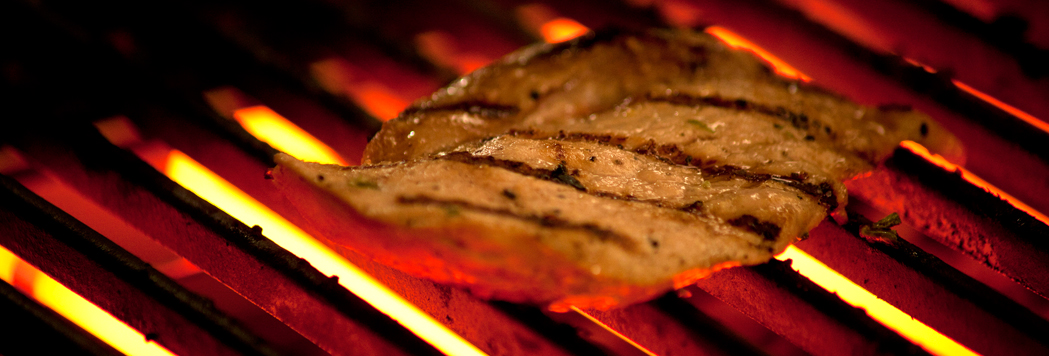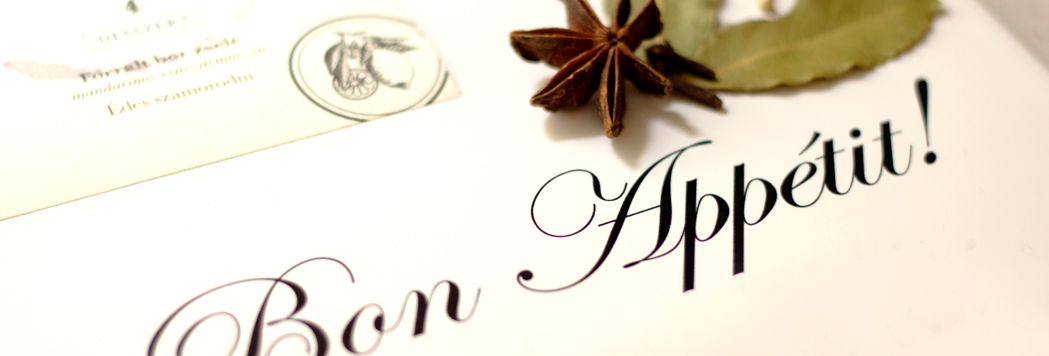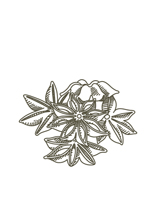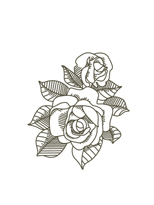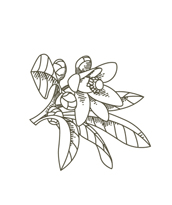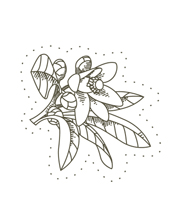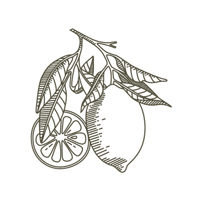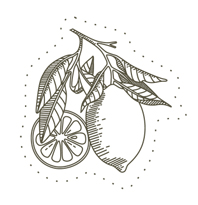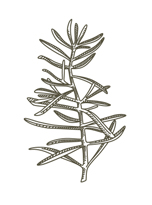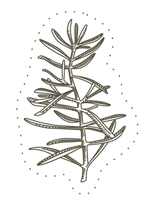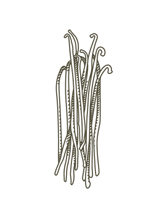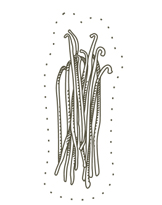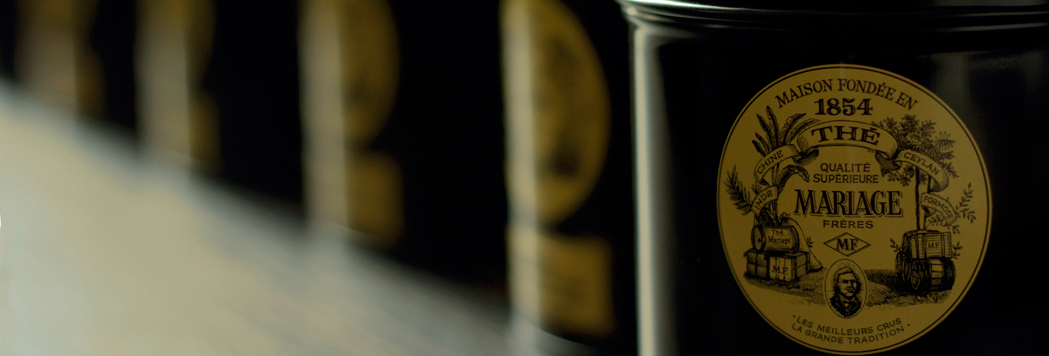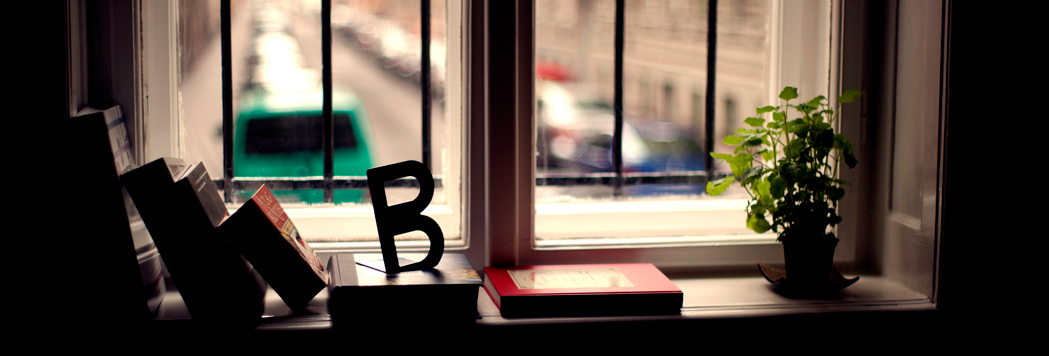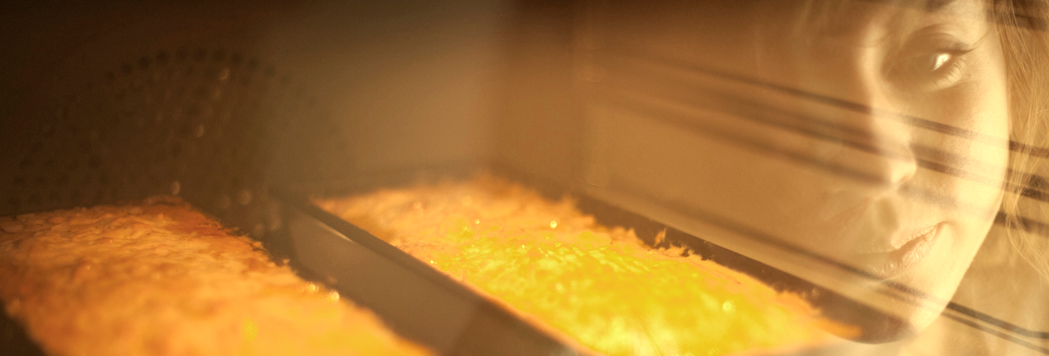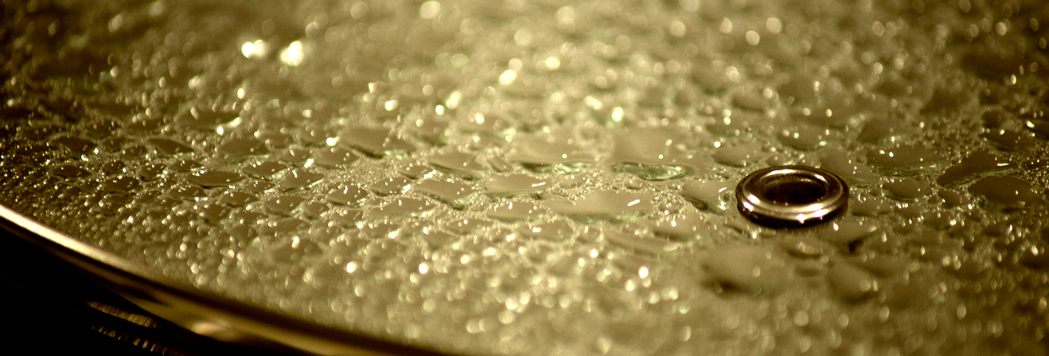Ylang
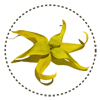 Ylang (Cananga odorata)
Ylang (Cananga odorata)
It is a tall tropical tree about 20 meters high with large, tender, fragrant pink, mauve or yellow flowers and is cultivated in Java, Sumatra, Reunion, Madagascar and the Comores. The name means 'flower of flowers'. In Indonesia, the flower petals are strewn upon the bed on wedding nights. The oil was once a popular ingredient of hair preparations in Europe and was known as macassar oil. Ylang-ylang oil is extracted from the freshly picked flowers by water or steam distillation. The main chemical components are linalool, geranyl acetate, caryophyllene, p-cresyl methyl ether, methyl benzoate, benzyl acetate, benzyl benzoate and other sesquiterpenes. Ylang-ylang oil has a euphoric and sedative effect on the nervous system and helps with anxiety, tension, shock, fear and panic while the aphrodisiac qualities is useful for impotence and frigidity. It is particularly useful with rapid breathing and rapid heartbeat, it can also help with reducing high blood pressure and useful for intestinal infections. The smell of Ylang Ylang oil is intense sweet, flowery, exotic and somewhat fruity. It is this attractive fragrance that has caused ylang ylang to be used by man, initially as an ingredient in cosmetic fragrances and perfumes, later being added to lotions and other products.


